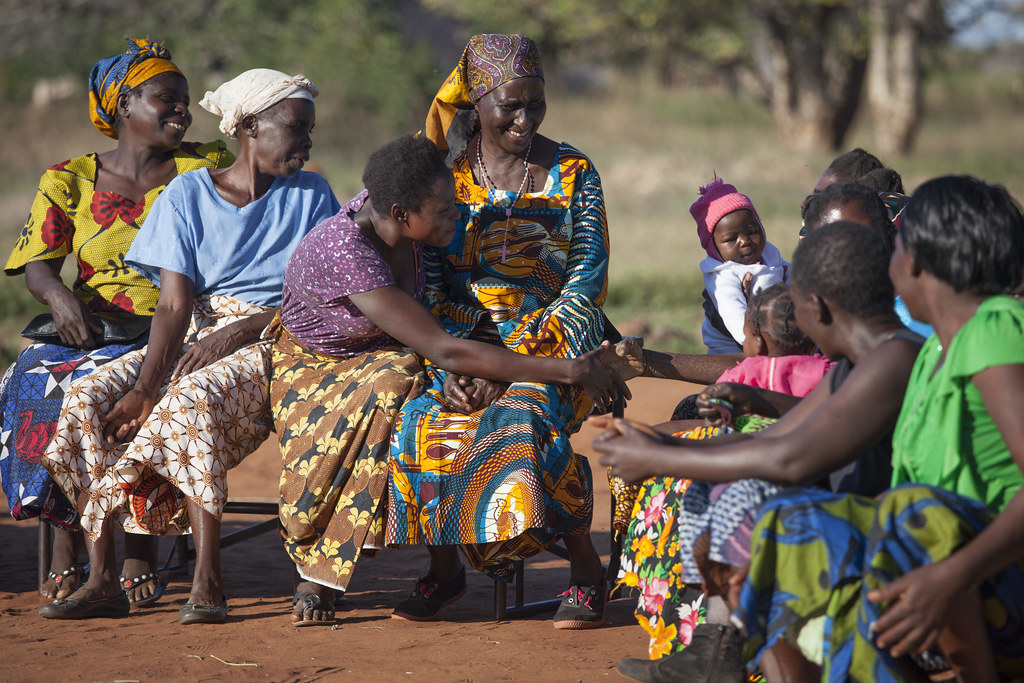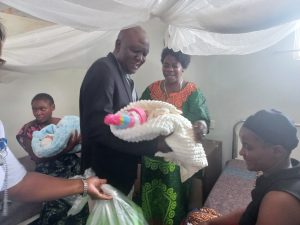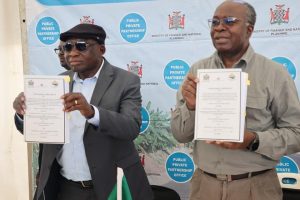Over 5,000 household caregivers in Muchinga, Eastern and Central provinces have been equipped with skills to promote household dietary diversity under a project funded by the German Government at a cost of over 1.4 million US dollars.
The project is led by the Centre for International Forestry Research and the International Centre for Research in Agroforestry in short CIFOR-ICRAF.
The 1.4 million US dollar project dubbed Piloting Incentive-based Agriculture Portfolios for Nutrition and Resilience in Zambia has been active across eight chiefdoms in Eastern, Central, and Muchinga provinces.
The CIFOR-ICRAF project has been promoting year-round access to nutritious foods in rural communities since 2021.
In an interview with ZANIS at a food fair in Chasefu district in Eastern Province CIFOR-ICRAF Project Manager Chipo Chisonga said the project had trained over 5,000 household caregivers.
Mr Chisonga said that the German Federal Ministry of Economic Cooperation and Development (BMZ), through GIZ, funded the initiative which is coming to an end in December 2024.
“Through this project, we have been able to train over 5,000 community caregivers who are now equipped to promote dietary diversity using indigenous foods in their communities, he said.”
He said at least 160 volunteers across the three provinces had been trained to train household caregivers on the importance of Zambia’s forestry resources in enhancing nutrition and resilience in farming communities.
Mr Chisonga said the CIFOR-ICRAF project has been implemented and supported by multiple partners, including the Ministry of Health, the Zambia Agriculture Research Institute (ZARI), the Forestry Department and the Community Markets for Conservation (COMACO) among other partners.
Meanwhile Chieftainess Nyanje of Sinda district described the project as a “game-changer,” saying it had brought essential knowledge on nutrition that aligns with cultural values in her chiefdom.
“These foods, which many of our communities had previously overlooked, are actually more nutritious and sustainable, we are happy that through this project we have been reminded of our roots,” said Chieftainess Nyanje.
Humphrey Mwale, a volunteer trainer, praised the project’s impact on communities in Chikomeni chiefdom in Lumezi District.
“The skills and knowledge we gained are priceless, we are now seeing a reduction in illnesses in our communities because we have learned how to utilise local foods for our nutrition” said Mr. Mwale.





